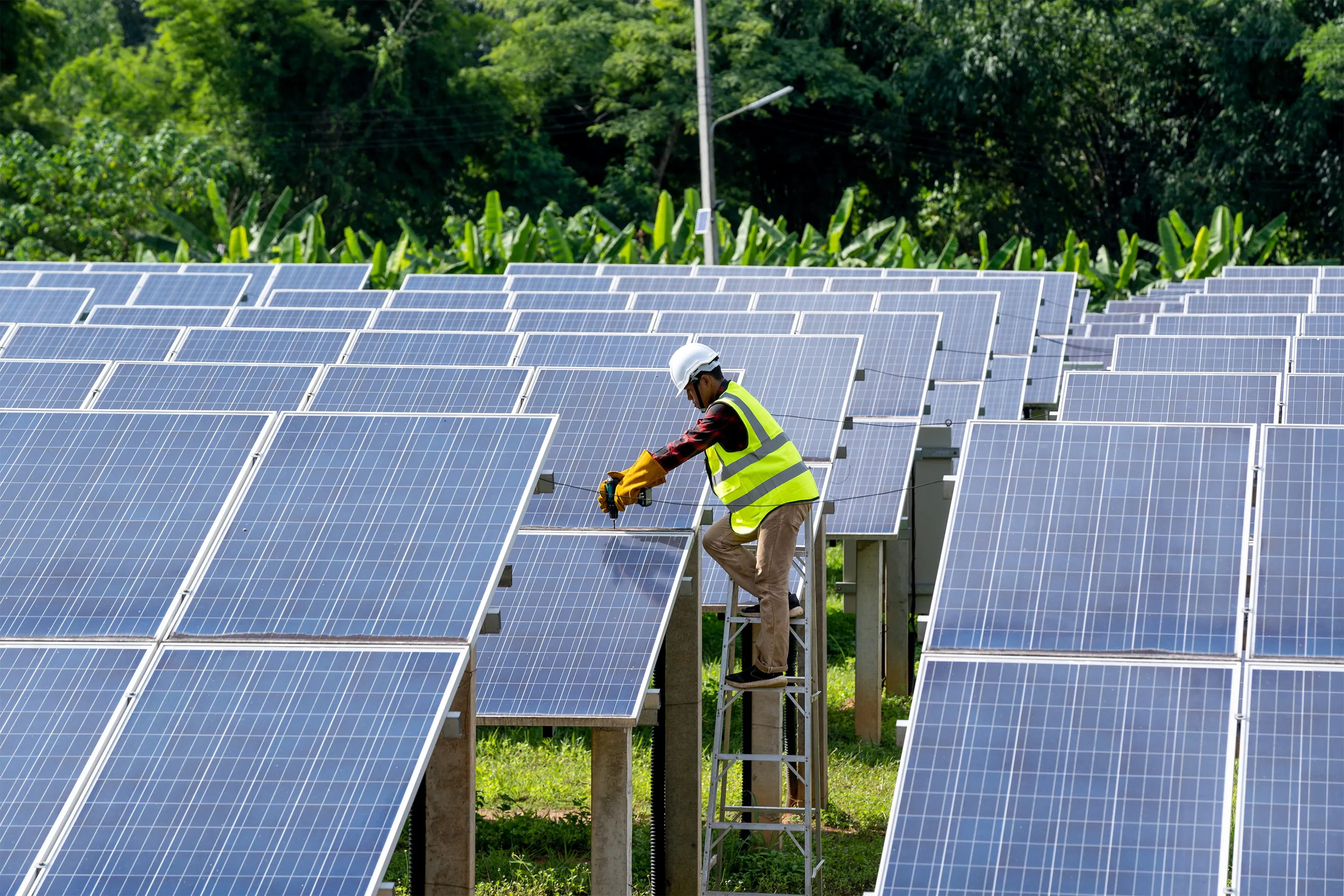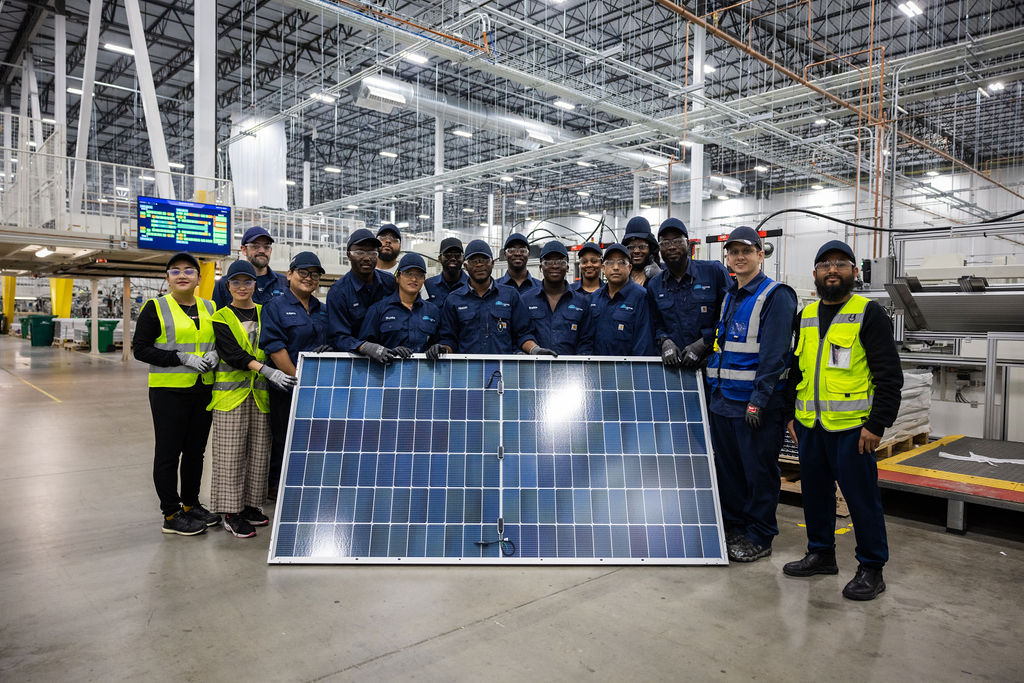Solar System Installation Quote PA: Our Company Specializes In The Setup And Management Of Photovoltaic Energy Systems
History and Advancement of Photovoltaic Panel Business
The creation of solar panel companies can be traced back to the 1800s when Alexandre Edmond Becquerel found the photovoltaic impact. Would he have envisioned how his discovery would revolutionize the method we harness energy?
Early Starts

In 1954, Bell Labs established the first useful photovoltaic cell. This marked a substantial milestone in the history of solar energy. They were initially used to power space satellites, but who knew this was simply the start?
Advancement and Development
- In the 1970s, an energy crisis led to increased interest in renewable resource sources, consisting of solar power.
- By the 1990s, improvements in technology and increasing ecological awareness caused the growth of photovoltaic panel companies worldwide.
A New Age
As we went into the 21st century, the solar market experienced a rapid growth. The demand for tidy and renewable resource brought about a brand-new period in the photovoltaic panel market.
Fascinating Facts
- The world's very first solar energy station was constructed in 1982 in Hisperia, California.
- By 2019, solar energy had ended up being the world's fastest-growing source of power.
Undoubtedly, the journey of solar panel companies has been remarkable, hasn't it? The future holds immense capacity, with constant developments paving the method for a sustainable future. Can we envision a world powered completely by solar energy?
Progressing
Today, solar panel companies continue to innovate, making every effort for more effective and affordable services. The advancement of solar power has actually come a long method, and yet, the journey has actually just started.
The Core of Solar Panel Production
Ever wonder what goes into developing those glossy, sun-loving photovoltaic panels? The process is as impressive as the end product (Best Solar Panel Company In PA). High-purity silicon, the primary component in photovoltaic panels, goes through numerous improvements to guarantee its effectiveness and sturdiness
From Sand to Silicon
Crystalline silicon, the backbone of the majority of solar panels, originates from simple sand. It's a fascinating journey, isn't it? The sand goes through a high-temperature reaction with carbon to form silicon. However, this isn't simply any silicon. The silicon utilized in solar panels is "solar-grade," with a purity of 99.9999%. It's this purity that makes it possible for the panels to successfully transform sunlight into power.
Ingot Formation
Once the silicon is pure enough, it's time to form ingots. Image a large, cylindrical block of solid silicon. How is this achieved? Through a process called Czochralski process, where the silicon is melted and after that gradually recrystallized. It's a sluggish dance of science, resulting in a strong product that is nearly as pure as the raw silicon itself.
Slicing into Wafers
The ingots are then sliced into wafer-thin pieces, like slicing a loaf of bread. Each slice is a potential solar cell, waiting to harness the power of the sun. Did you understand that the silicon wafers are only about 200 micrometers thick? That has to do with half the density of a human hair! The procedure needs accuracy and patience, but the outcome is a set of wafers all set to be developed into solar batteries.
Developing Solar Battery
With the wafer all set, it's time for the magic to occur. The silicon wafer is 'doped' with other aspects like phosphorous and boron to develop an internal electrical field. It's this field that makes it possible for the conversion of sunshine into electrical power. Complex, isn't it?
Assembly and Quality Assurance
Solar cells resemble puzzle pieces that come together to form a photovoltaic panel. The cells are soldered together in a grid-like pattern, then covered with a protective layer of glass. The last action involves strenuous quality assurance checks. After all, it's necessary that every photovoltaic panel carries out at its peak, wouldn't you agree?
Insider Idea
Constantly remember that even the most optimally made photovoltaic panel can lose efficiency due to dirt and particles accumulation. Routine cleaning can significantly improve your panels' performance.
Understanding the Ecological Impact of Solar Panel Business
Ever pondered the ecological footprint of a solar panel business? Green technology, such as solar, has transformed our energy landscape, however what about the behind-the-scenes effect?
The Manufacturing Process: A Double-Edged Sword
The production process for solar panels requires a substantial quantity of energy. This procedure, called 'em bodied energy', can be viewed as a kind of 'energy debt'. It's a little like obtaining today's sunshine to power tomorrow's energy needs. Stress not, the energy payback time is typically much shorter than you 'd think!
- The energy repayment period for photovoltaic panels is usually 1-4 years.
- After this duration, the energy produced is essentially carbon-free.

Life After Decommission
And what occurs when a photovoltaic panel reaches the end of its lifespan? Can it just be tossed into the trash? No, that wouldn't be extremely green, now, would it?
A feasible service is recycling. While solar panel recycling is still in its infancy, it holds a world of capacity. Recycling not only keeps materials out of landfills however also decreases the need for new basic materials.
Responsible Sourcing: More Than A Buzzword
Where does the silicon come from, you ask? The industry's demand for silicon and rare minerals can lead to harmful mining practices. Responsible sourcing is therefore vital to decrease harmful ecological effects.
Reduced Carbon Emissions: The Larger Photo
Let's not forget the bigger image: solar energy substantially lowers carbon emissions. When set up, solar panels create clean, eco-friendly energy, offsetting their initial production footprint.
In other copyright, the ecological impact of solar panel companies is a complex issue. However, with accountable practices, the guarantee of a cleaner, greener future is well within our grasp.

Financial Efficiency and Market Share of Solar Panel Business
Ever questioned why some photovoltaic panel business - Top Rated Solar Installers PA outshine others in the market? What sets them apart? The key depend on their monetary efficiency and market share
Financial Efficiency: A Vital Indicator
Financial performance plays a pivotal role in the success of any service. For solar panel companies, it's no different. Strong financial efficiency allows these business to buy cutting-edge technology, research study, and development, thereby creating high-quality, check here effective photovoltaic panels.
How do they attain this? With a focus on expense efficiency and tactical financial investments. Companies that handle to reduce production expenses without compromising on quality tend to fare better in the market.
Market Share: A Procedure of Success
Market share, on the other hand, is a direct reflection of a business's appeal amongst customers. A high market share suggests more property owners are picking their photovoltaic panels over rivals.
What's the secret recipe for acquiring a bigger market share? It boils down to consumer complete satisfaction and brand reputation. Business that focus on consumer requirements and maintain a favorable brand name image are most likely to catch a bigger share of the market.
- Client Complete satisfaction: Solar panel companies that deliver dependable items and remarkable client service tend to have higher customer satisfaction rates.
- Brand name Credibility: A strong brand name reputation is constructed gradually through consistent shipment of quality product or services.
Financial Efficiency and Market Share: The Symbiotic Relationship
Remarkably, the relationship between monetary efficiency and market share is not one-sided. They feed off each other. A strong financial efficiency can increase a company's market share, while a high market share can enhance financial performance.
As a photovoltaic panel business, stabilizing these 2 aspects is important for long-lasting success. A business that neglects either of them may find it hard to keep its position in the competitive solar industry.
The Takeaway
What does all this mean for you? Whether you're a property owner aiming to install solar panels or a financier considering the solar industry, comprehending the monetary performance and market share of solar panel business is vital. They are key signs of a company's health and capacity for future growth.